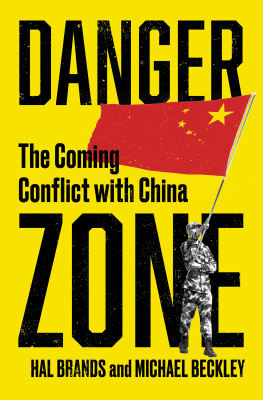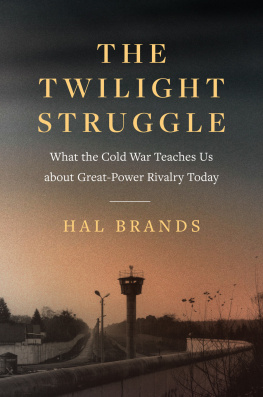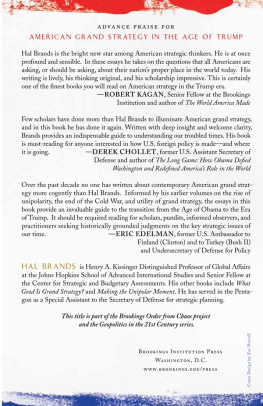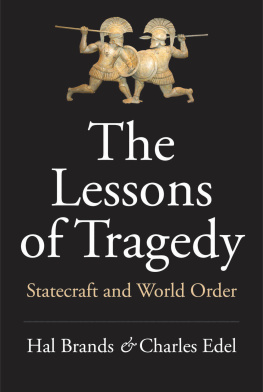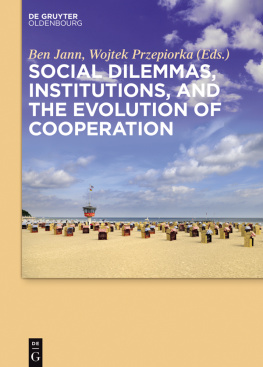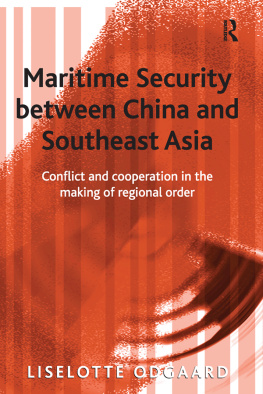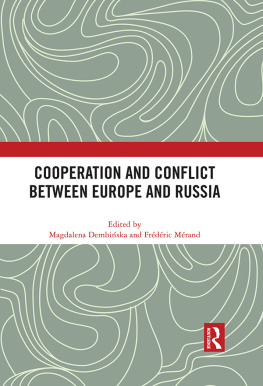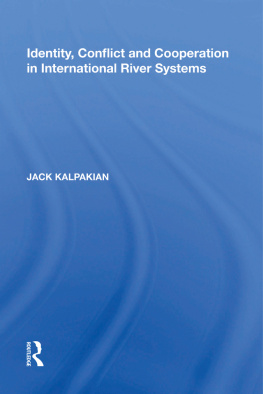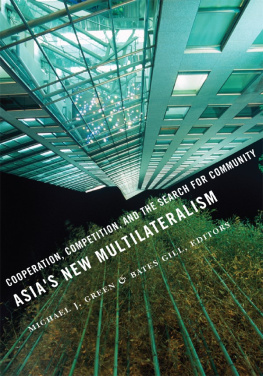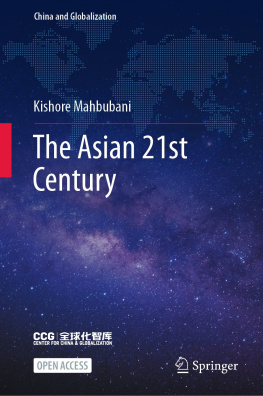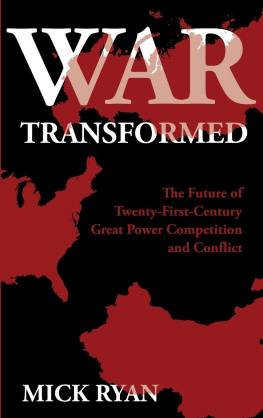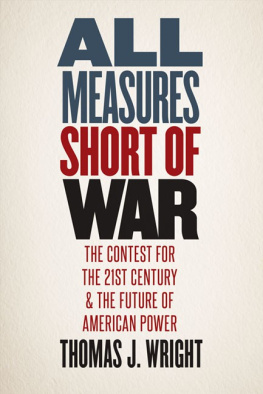Hal Brands - COVID-19 and World Order: The Future of Conflict, Competition, and Cooperation
Here you can read online Hal Brands - COVID-19 and World Order: The Future of Conflict, Competition, and Cooperation full text of the book (entire story) in english for free. Download pdf and epub, get meaning, cover and reviews about this ebook. year: 2020, publisher: Johns Hopkins University Press, genre: Politics. Description of the work, (preface) as well as reviews are available. Best literature library LitArk.com created for fans of good reading and offers a wide selection of genres:
Romance novel
Science fiction
Adventure
Detective
Science
History
Home and family
Prose
Art
Politics
Computer
Non-fiction
Religion
Business
Children
Humor
Choose a favorite category and find really read worthwhile books. Enjoy immersion in the world of imagination, feel the emotions of the characters or learn something new for yourself, make an fascinating discovery.

- Book:COVID-19 and World Order: The Future of Conflict, Competition, and Cooperation
- Author:
- Publisher:Johns Hopkins University Press
- Genre:
- Year:2020
- Rating:3 / 5
- Favourites:Add to favourites
- Your mark:
- 60
- 1
- 2
- 3
- 4
- 5
COVID-19 and World Order: The Future of Conflict, Competition, and Cooperation: summary, description and annotation
We offer to read an annotation, description, summary or preface (depends on what the author of the book "COVID-19 and World Order: The Future of Conflict, Competition, and Cooperation" wrote himself). If you haven't found the necessary information about the book — write in the comments, we will try to find it.
COVID-19 and World Order: The Future of Conflict, Competition, and Cooperation — read online for free the complete book (whole text) full work
Below is the text of the book, divided by pages. System saving the place of the last page read, allows you to conveniently read the book "COVID-19 and World Order: The Future of Conflict, Competition, and Cooperation" online for free, without having to search again every time where you left off. Put a bookmark, and you can go to the page where you finished reading at any time.
Font size:
Interval:
Bookmark:
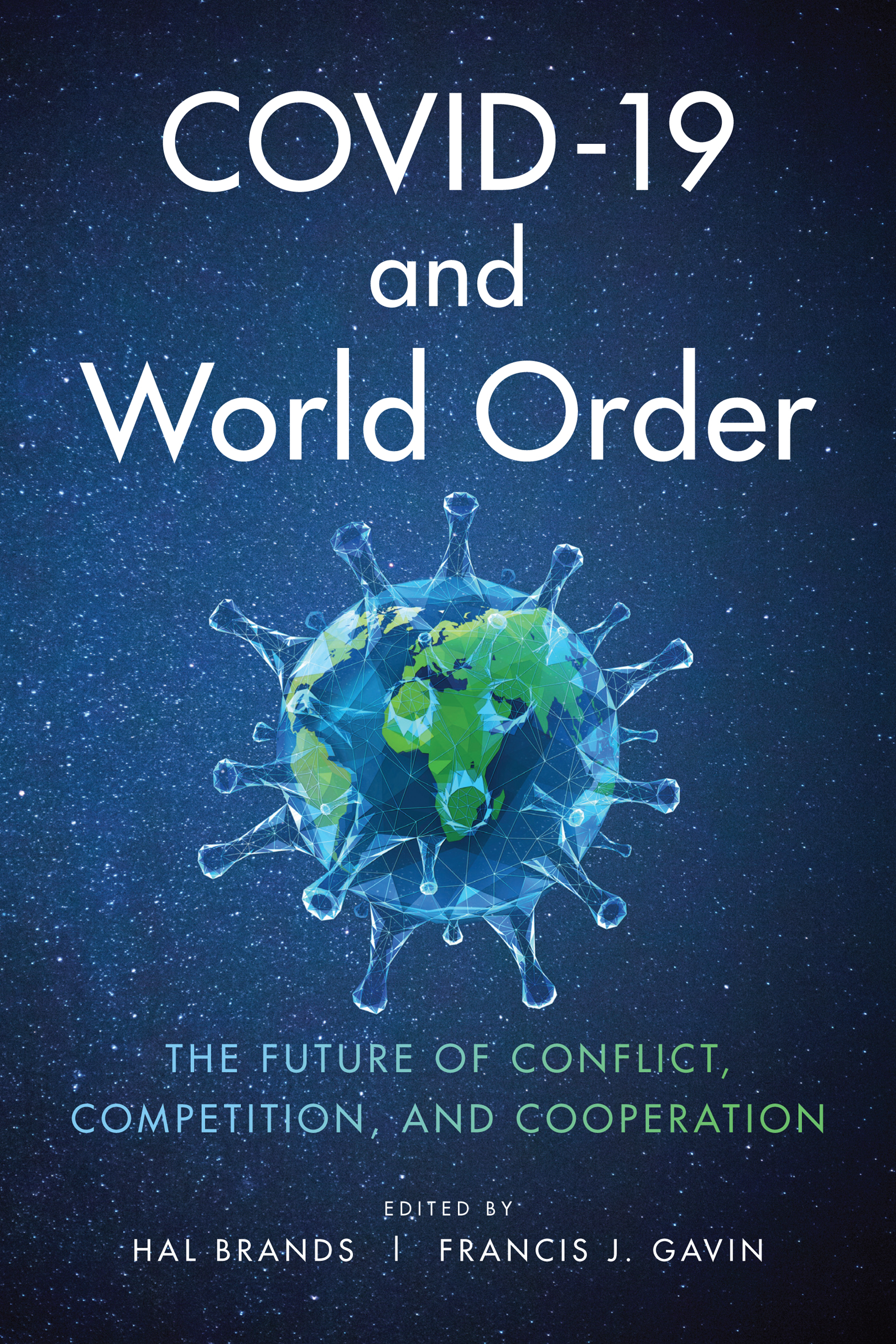
COVID-19 and WORLD ORDER
Hal Brands is the Henry A. Kissinger Distinguished Professor of Global Affairs at the Johns Hopkins University School of Advanced International Studies (SAIS) and a scholar at the American Enterprise Institute. A columnist for Bloomberg Opinion, he is also the author or editor of several books, including American Grand Strategy in the Age of Trump, Making the Unipolar Moment: U.S. Foreign Policy and the Rise of the PostCold War Order, and What Good Is Grand Strategy? Power and Purpose in American Statecraft from Harry S. Truman to George W. Bush. His newest book, The Lessons of Tragedy: Statecraft and World Order, was coauthored by Charles Edel.
Francis J. Gavin is the Giovanni Agnelli Distinguished Professor and the inaugural director of the Henry A. Kissinger Center for Global Affairs at the Johns Hopkins University School of Advanced International Studies (SAIS). Gavin is also the chairman of the Board of Editors of Texas National Security Review. He is the author of Gold, Dollars, and Power: The Politics of International Monetary Relations, 19581971 and Nuclear Statecraft: History and Strategy in Americas Atomic Age. His latest book, Nuclear Weapons and American Grand Strategy, was published in 2020.
COVID-19
AND
WORLD ORDER
THE FUTURE OF CONFLICT, COMPETITION, AND COOPERATION
EDITED BY
Hal Brands | Francis J. Gavin
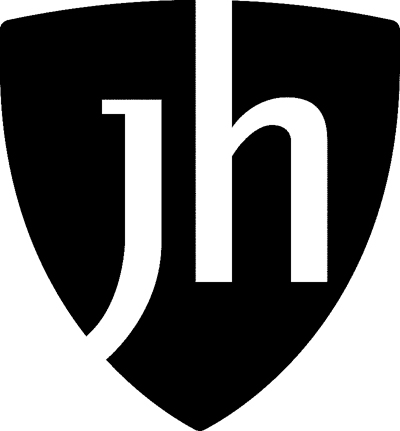
Johns Hopkins University Press
Baltimore
In collaboration with and appreciation of the books coeditors, Professors Hal Brands and Francis J. Gavin of the Henry A. Kissinger Center for Global Affairs at Johns Hopkins SAIS, Johns Hopkins University Press is pleased to donate funds to the Maryland Food Bank, in support of the universitys food distribution efforts in East Baltimore during this period of food insecurity because of COVID-19 pandemic hardships.
2020 Johns Hopkins University Press
Niall Ferguson 2020
All rights reserved. Published 2020
Printed in the United States of America on acid-free paper
9 8 7 6 5 4 3 2 1
Johns Hopkins University Press
2715 North Charles Street
Baltimore, Maryland 21218-4363
www.press.jhu.edu
Library of Congress Control Number: 2020942747
A catalog record for this book is available from the British Library.
The Open Access edition of this book is licensed under a Creative Commons Attribution-NonCommercial-NoDerivatives 4.0 International License: https://creativecommons.org/licenses/by-nc-nd/4.0/. CC BY-NC-ND
ISBN-13: 978-1-4214-4075-0 (open access)
ISBN-13: 978-1-4214-4073-6 (pbk. : alk. paper)
ISBN-13: 978-1-4214-4074-3 (electronic)
Special discounts are available for bulk purchases of this book. For more information, please contact Special Sales at specialsales@press.jhu.edu.
Johns Hopkins University Press uses environmentally friendly book materials, including recycled text paper that is composed of at least 30 percent post-consumer waste, whenever possible.
- Hal Brands and Francis J. Gavin
- Jeremy A. Greene and Dora Vargha
- Margaret MacMillan
- Philip Bobbitt
- Tom Inglesby
- Lainie Rutkow
- Jeffrey P. Kahn, Anna C. Mastroianni, and Sridhar Venkatapuram
- Johannes Urpelainen
- Jessica Fanzo
- Christine Fox and Thayer Scott
- Benn Steil
- John Lipsky
- Anne Applebaum
- Henry Farrell and Hahrie Han
- Janice Gross Stein
- James B. Steinberg
- Hal Brands, Peter Feaver, and William Inboden
- Thomas Wright
- Kori Schake
- Kathleen H. Hicks
- Elizabeth Economy
- Graham Allison
- Eric Schmidt
- Niall Ferguson
In the heart of Frankfurt, Germany, stands the IG Farben building. Completed in 1930, this massive and seemingly indestructible triumph of modernist design was named for its first owners, the IG Farben Company, at the time Germanys largest chemical conglomerate. Within the decade, IG Farben became deeply entangled with the Nazis and was eventually complicit in many of the worst atrocities of Hitlers Germany, including the manufacture of the notorious Zyklon B gas used in concentration camps.
Following the Allied invasion of Frankfurt in March 1945, the building was evacuated and the corporations executives arrested. When General Dwight D. Eisenhower touched ground and saw that the IG Farben headquarters was one of the few structures in the city to have survived the assault, he decided to make it the center for Allied operations. From his office on the first floor, he not only oversaw the end of the war but also began the meticulous task of rebuilding democracy in Germany out of the ashes of violent dictatorshipan endeavor that, in turn, seeded the ground for a new liberal world order to emerge.
Today, the Farben building exemplifies the very best of that world. A part of the Goethe University in Frankfurt, it serves as the entry point to the universitys sprawling, modern campus. No longer merely a monument to human evil, it is a portal to free inquiry, vigorous debate, and the exchange of ideas that allow global society to thrive, andin times like oursto survive.
The story of the Farben building serves as a metaphor for the trajectory of our world over the past century, embodying the victory over brutal fascism and genocide; the construction of an international system committed to creating a more just, peaceful, and prosperous world; and the difficult, ongoing work of sustaining that project through institutions that forge partnerships and lay the foundation to address global societys most daunting problems.
Yet, as observers and scholars have carefully documented, that order is fracturing. Soaring economic inequality and rapid demographic change have fueled populist resentment, ethno-nationalism, and a sweeping distrust in national and international institutions alike. In parallel, massive shifts in technology and communication have heightened the avenues for surveillance and enabled the proliferation of disinformation. And with the increasing prominence of China on the world stage, along with new waves of authoritarianism cresting across the globe, it is clear that we inhabit a multipolar world whose aims and values no longer necessarily align with those of liberal democracy. At this moment, 54% of the worlds population now lives under some form of authoritarian rule.
The COVID-19 pandemic has only accelerated these trend lines. The United States failures to control effectively and mitigate the virus are reflective of its diminished role as a geopolitical leader, while Chinas admittedly flawed but far more deliberate response has only affirmed its centrality in the 21st-century world order. Meanwhile, the European Union can no longer claim to be a body composed of democratic states. In the early days of the pandemic, Prime Minister Viktor Orbn of Hungary used the virus as a pretext for seizing emergency powers that all but extinguished what little remained of Hungarys once promising democracy, consolidating Hungarys position as the first authoritarian state to be an EU member nationsomething virtually inconceivable a generation ago.
Font size:
Interval:
Bookmark:
Similar books «COVID-19 and World Order: The Future of Conflict, Competition, and Cooperation»
Look at similar books to COVID-19 and World Order: The Future of Conflict, Competition, and Cooperation. We have selected literature similar in name and meaning in the hope of providing readers with more options to find new, interesting, not yet read works.
Discussion, reviews of the book COVID-19 and World Order: The Future of Conflict, Competition, and Cooperation and just readers' own opinions. Leave your comments, write what you think about the work, its meaning or the main characters. Specify what exactly you liked and what you didn't like, and why you think so.

